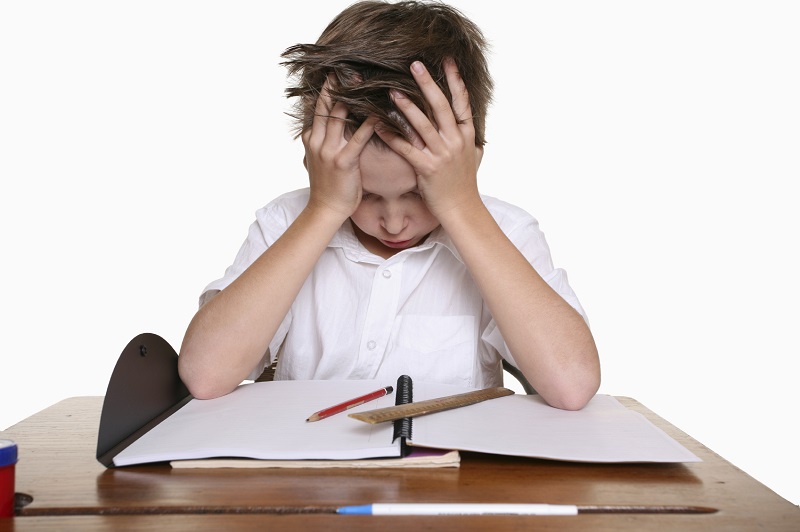
Most people believe that it’s easy to identify highly gifted students. They’re the ones walking out of awards ceremonies with an assortment of metals around their necks. They go to prestigious schools designed for overachievers with exceptional talent. You hear about them winning awards, read their creative masterpieces in legitimate publications and witness their above-average performances on stage.
It’s true that many gifted kids and teenagers find their way into the limelight even if only in their local communities. What many don’t realize is that there are some highly gifted students who may never receive the accolades that they deserve. These students are the gifted underachievers. While they have qualities associated with gifted students, their academic performance doesn’t reflect their full potential. They may act up in class and receive low grades even though they are incredibly smart. They may even fail tests on material that they know well.
What Causes Underachievement?
It’s easy to assume that a highly gifted student will earn high grades and stand out by nature, but that’s not the case. Many of the most successful gifted students have developed exceptional skills through nurturing, structured home environments and attention from teachers who recognize their abilities. Unfortunately, some gifted children don’t come from the most nurturing home environments and aren’t easily recognized in crowded public schools.
Some students lose track of their homework and remain severely unorganized at school because they’re busy learning about topics of interest outside of school. It takes incredible effort from hands-on parents to keep highly gifted students on task with their schoolwork, which they may find boring and painfully repetitive. Finally, some gifted underachievers are suffering from undiagnosed learning disorders or have medical problems that receive more attention than their gifted potential.
How to Help Highly Gifted Students Achieve Their Best
The National Society for the Gifted & Talented recommends that parents provide ample opportunities for children to explore their interests and build self-confidence outside of school while listening closely when a child asks questions or gives their opinion. They also note that gifted underachievers may need a change in their current learning environment because every student has unique needs that allow their gifted abilities to shine.
If you know a gifted child who is currently underachieving, you may also consider these suggestions for intervention:
- If they are bored with schoolwork that is below their true ability, take steps to get them into a gifted educational program that will provide more challenging work. If admission into a gifted school isn’t possible, consider alternatives like skipping grades or placement in advanced study programs within the current school. Home-based advanced studies may help as well.
- Demonstrate the importance of school performance for the child’s future. Many students simply don’t see school as a valuable pursuit.
- Create a parent-teacher alliance to monitor the child’s performance, identify destructive patterns and work together on goal setting and achievement. Sometimes all it takes is more active attention from key adult figures.
- Reward the child for improvements and small achievements rather than reserving praise for big successes.
- Consider any negative stereotypes or social pressures that may encourage the child to under perform on purpose or due to anxiety.
Finally, it helps to discuss the issue with highly gifted students and listen closely to their answers. Try asking about their favorite subjects and what they like about each teacher’s classroom system. You may pick up on environmental issues that are holding the child back from their full potential.
If you are reading this on anything other than OakCrestAcademy.org, it is stolen content.
If you are interested in learning more about Oak Crest Academy, visit our website here.
Keep up with our blog for more news and information here.




